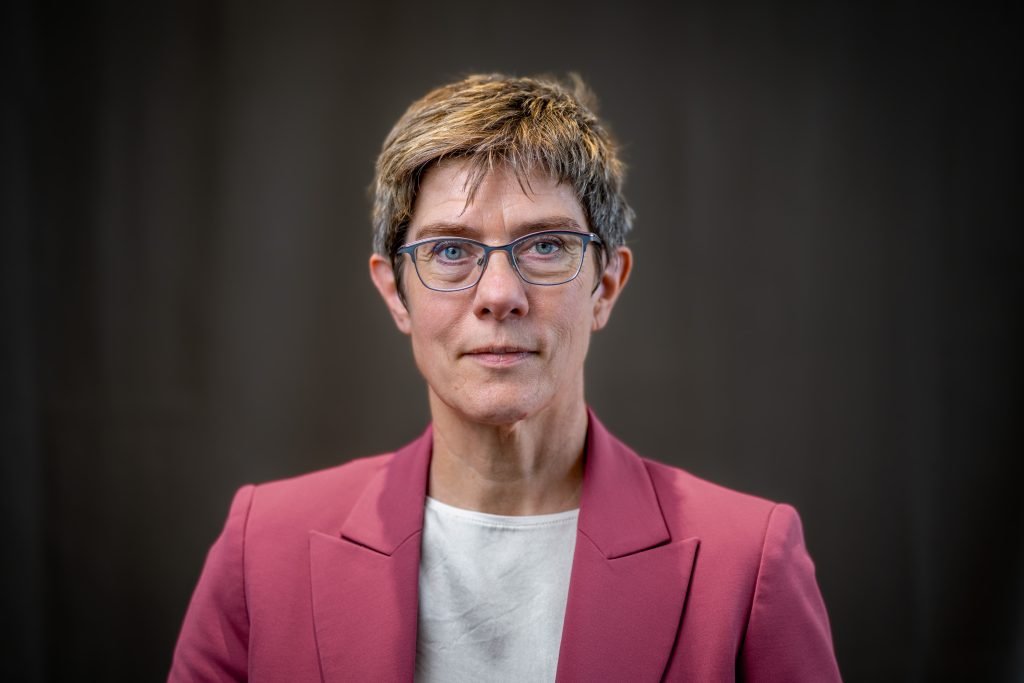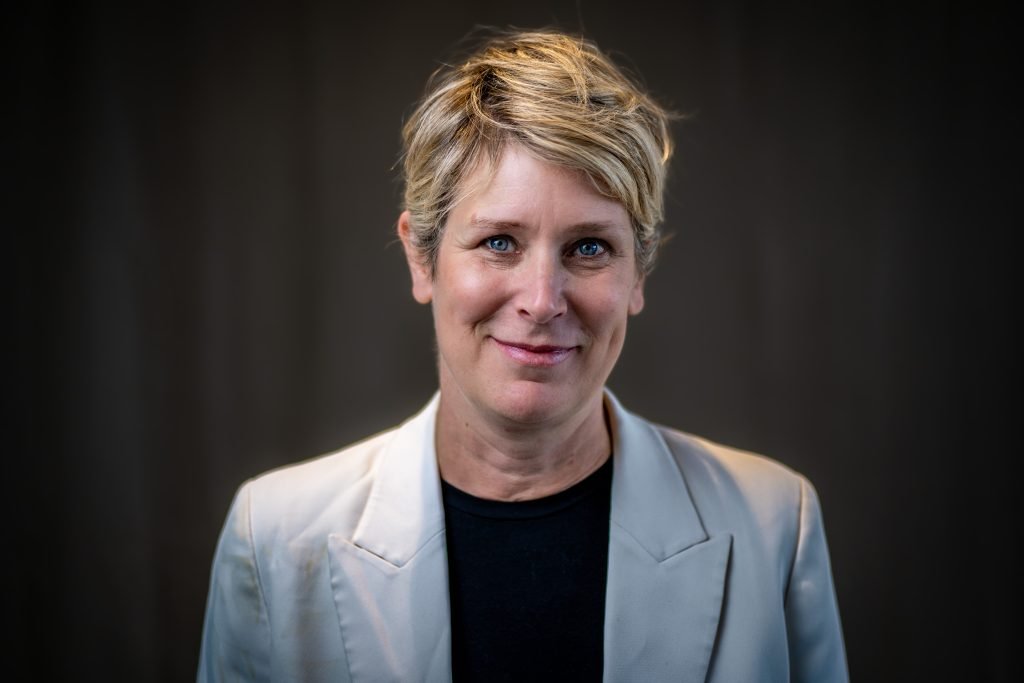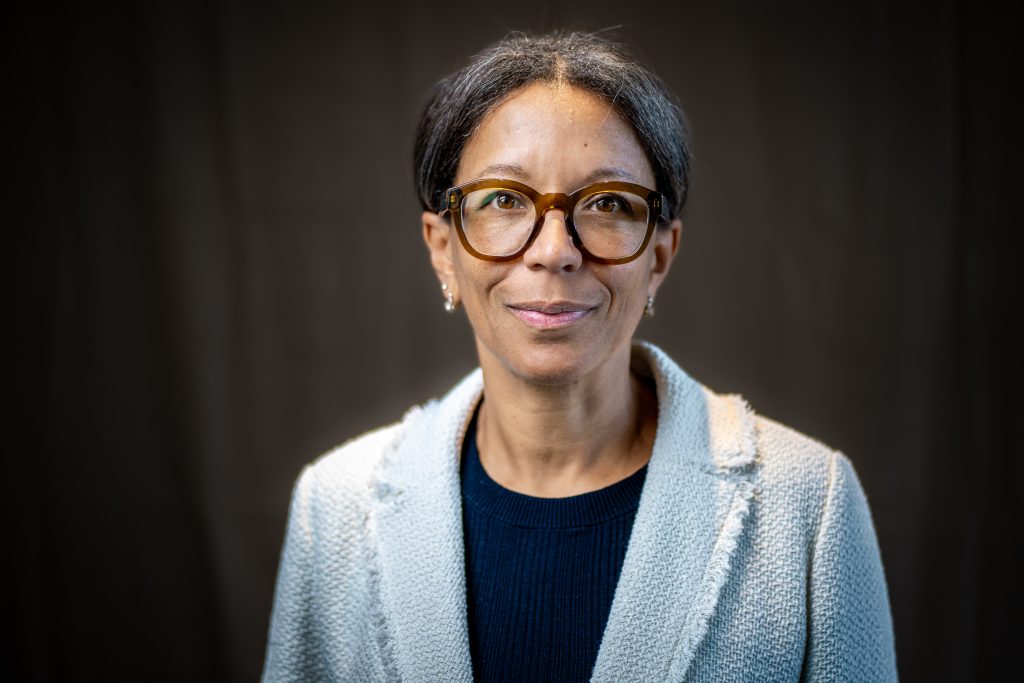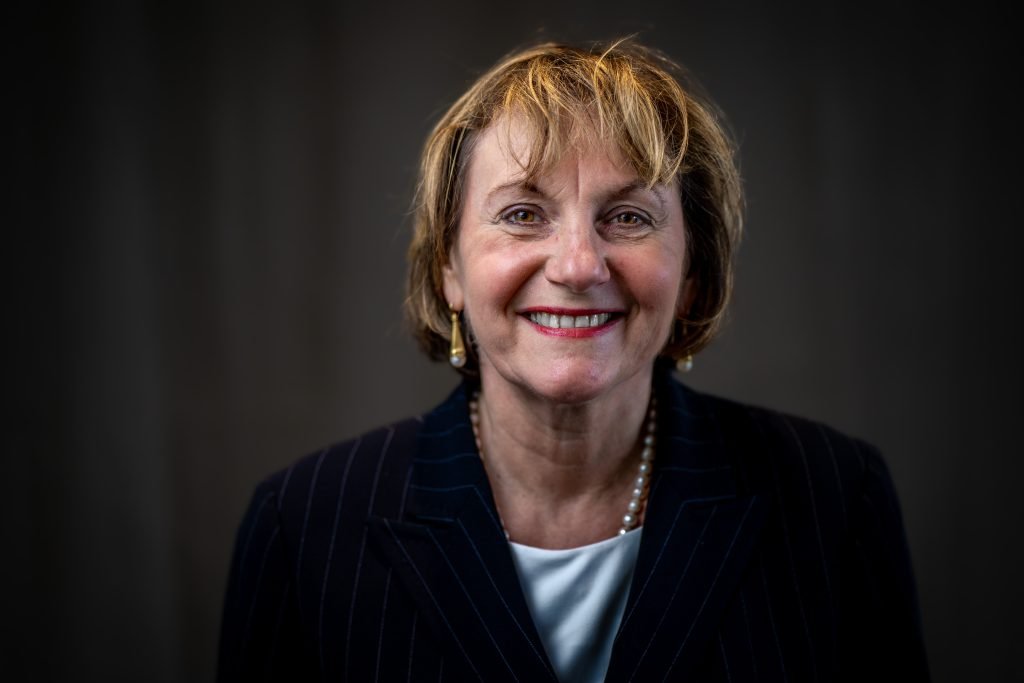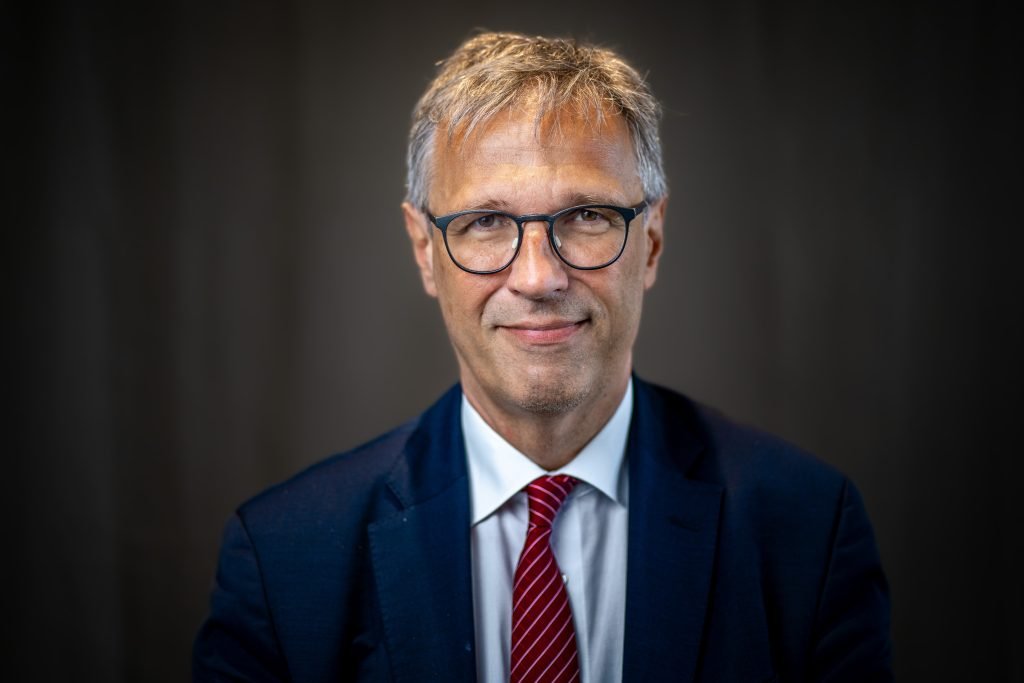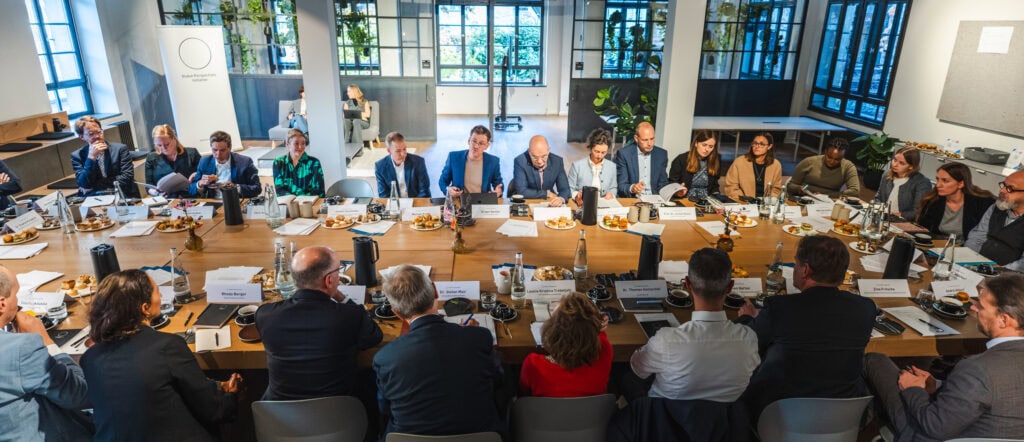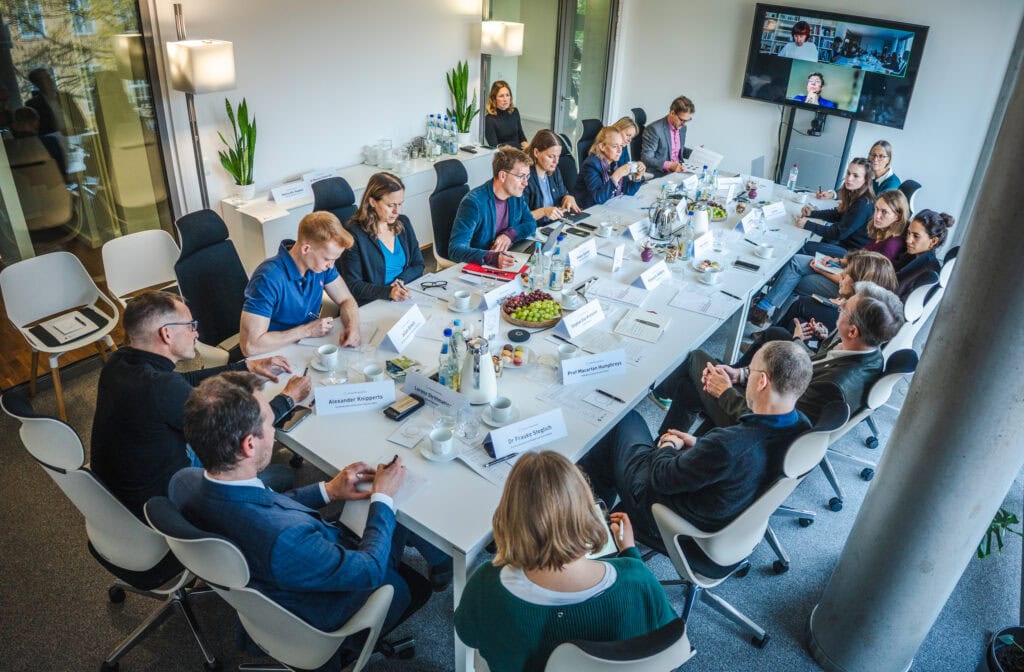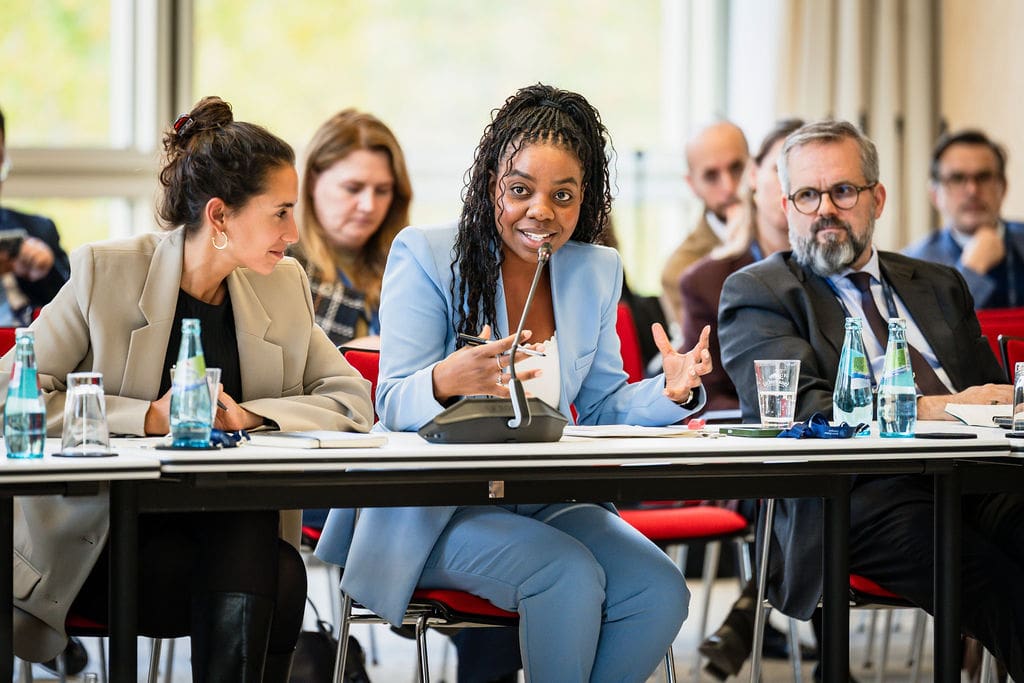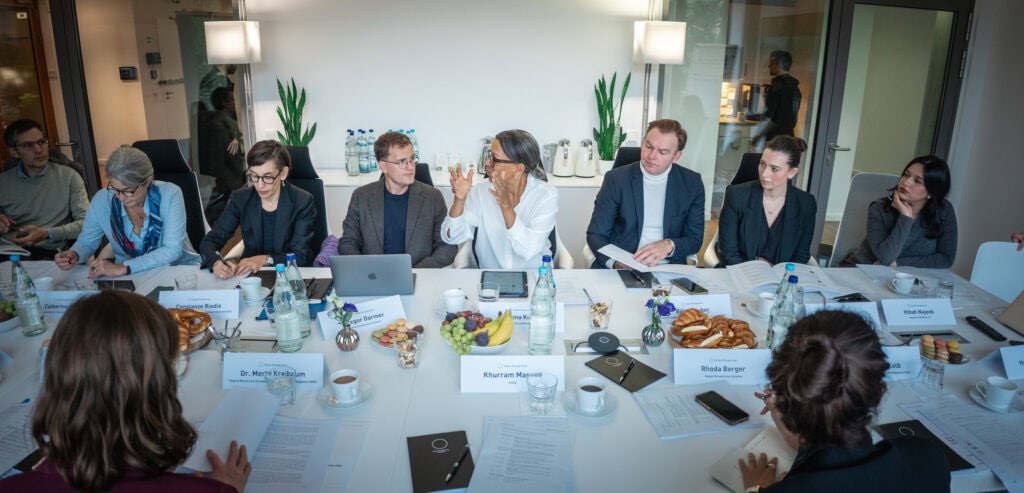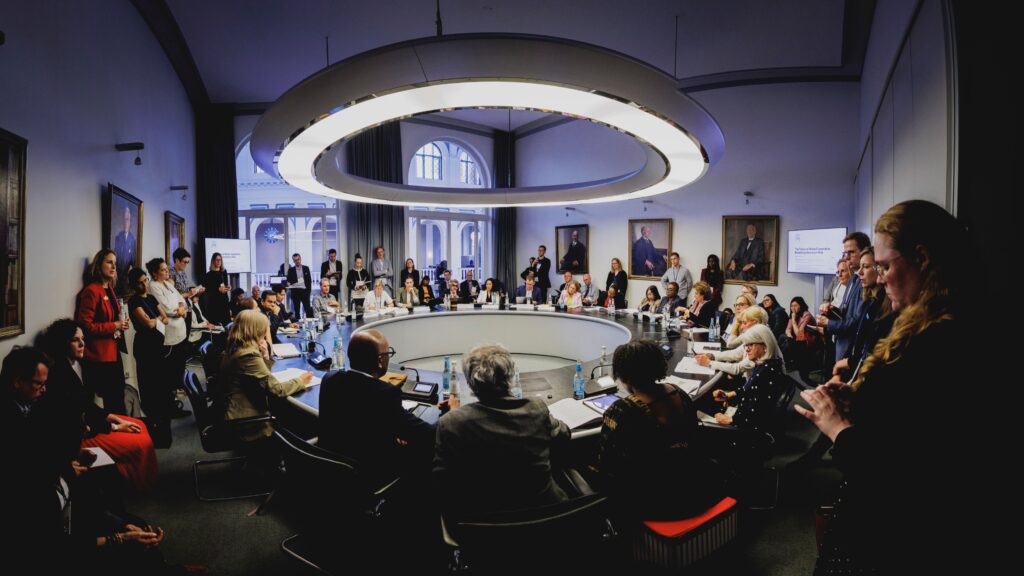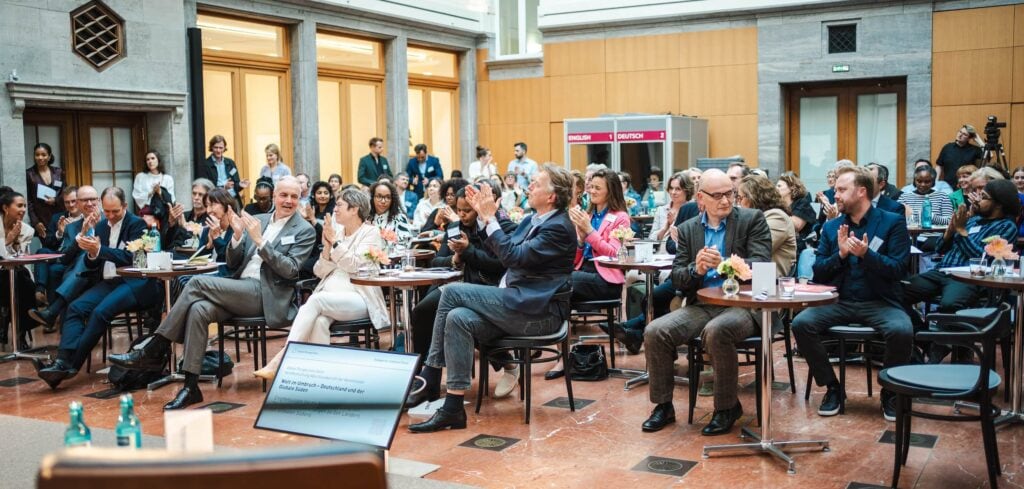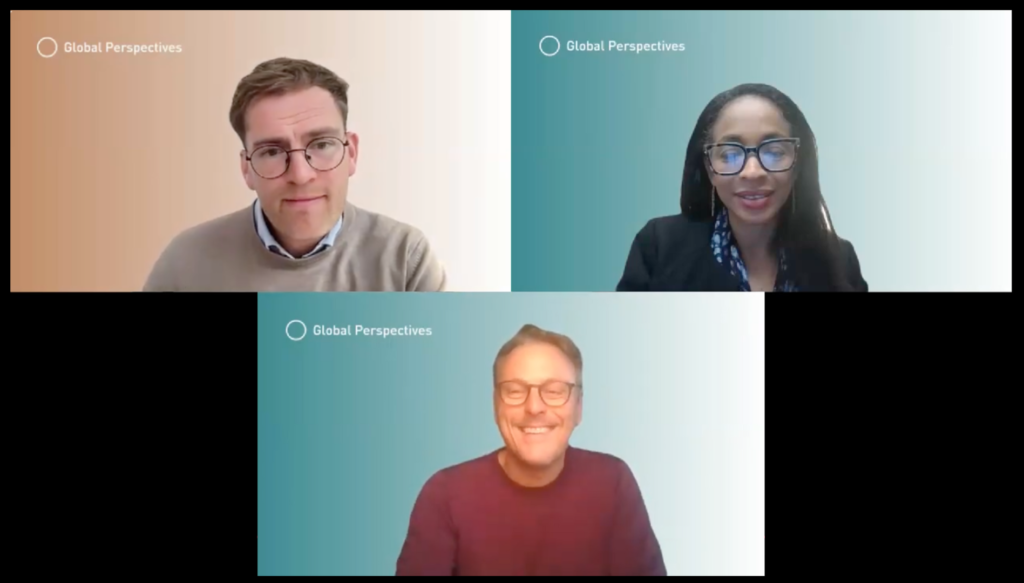Publications
Recommendations for the Realignment of Germany’s Relations with the Countries of the Global South
Final Report of the Commission "A Changing World - Germany and the Global South"
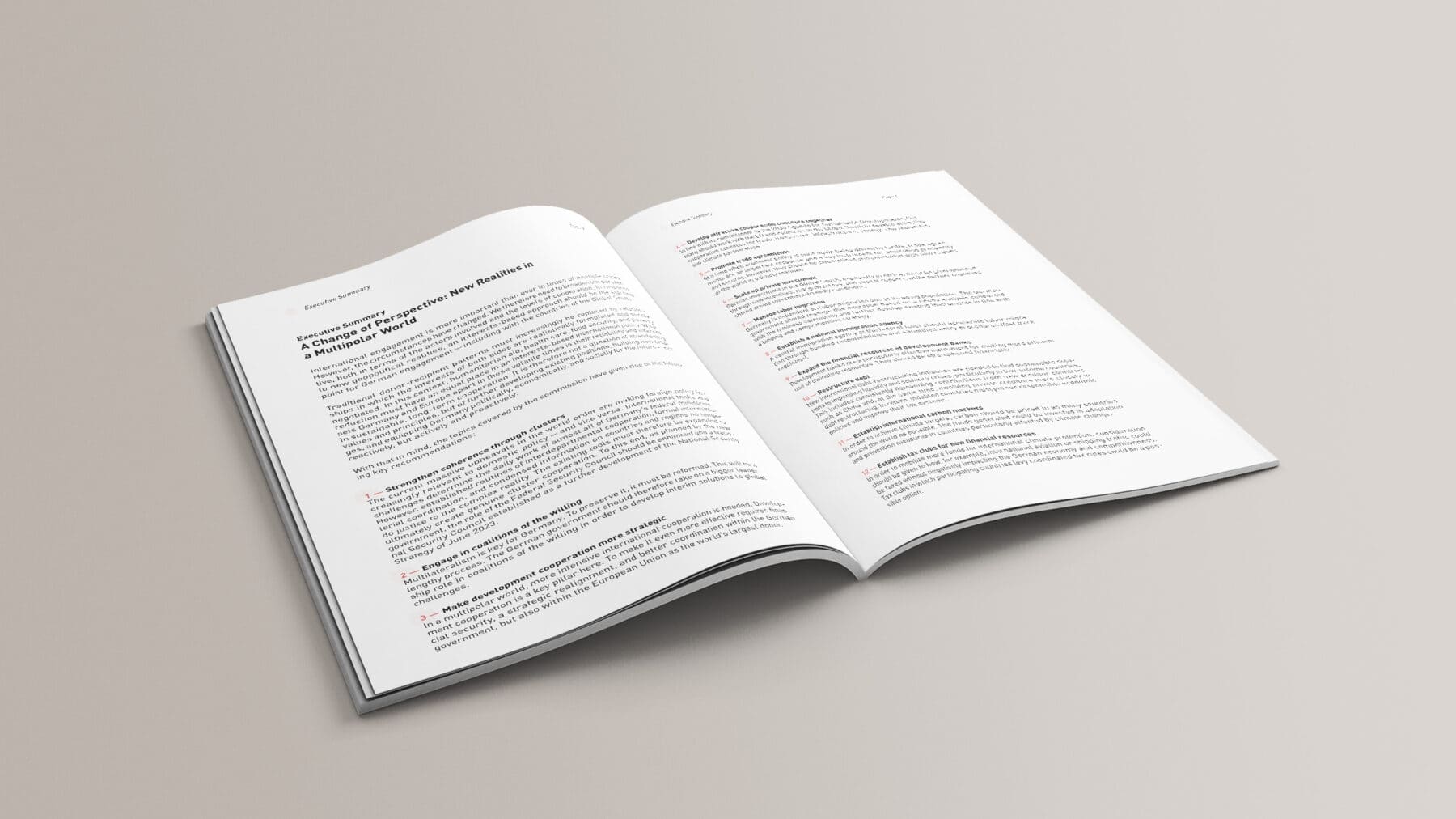
Final report of the Commission "A Changing World - Germany and the Global South"
Recommendations for the Realignment of Germany’s Relations with the Countries of the Global South
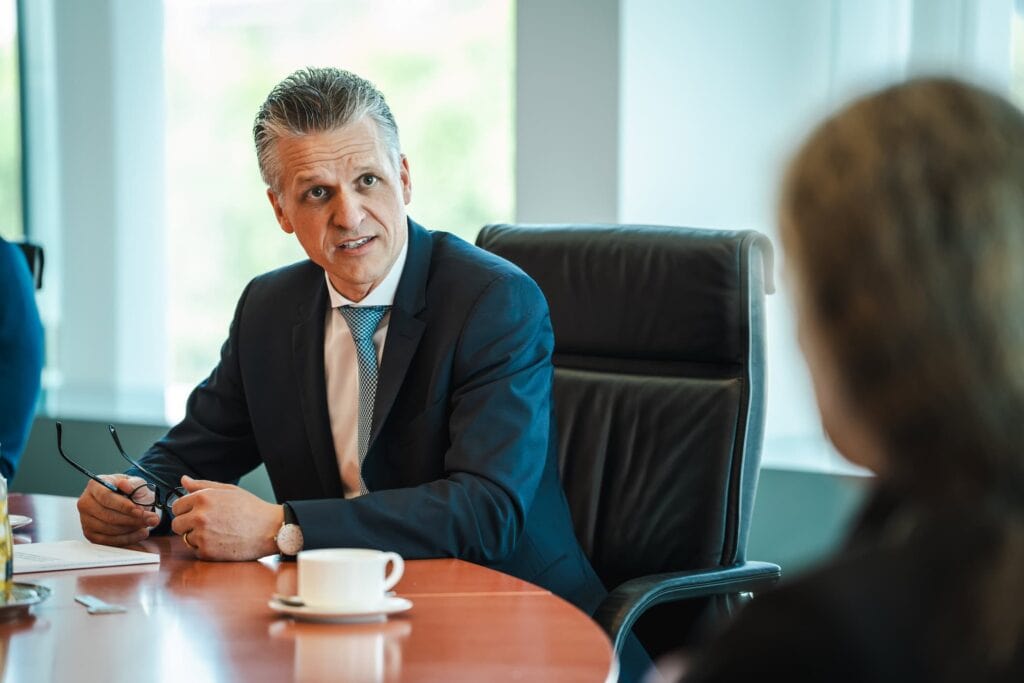

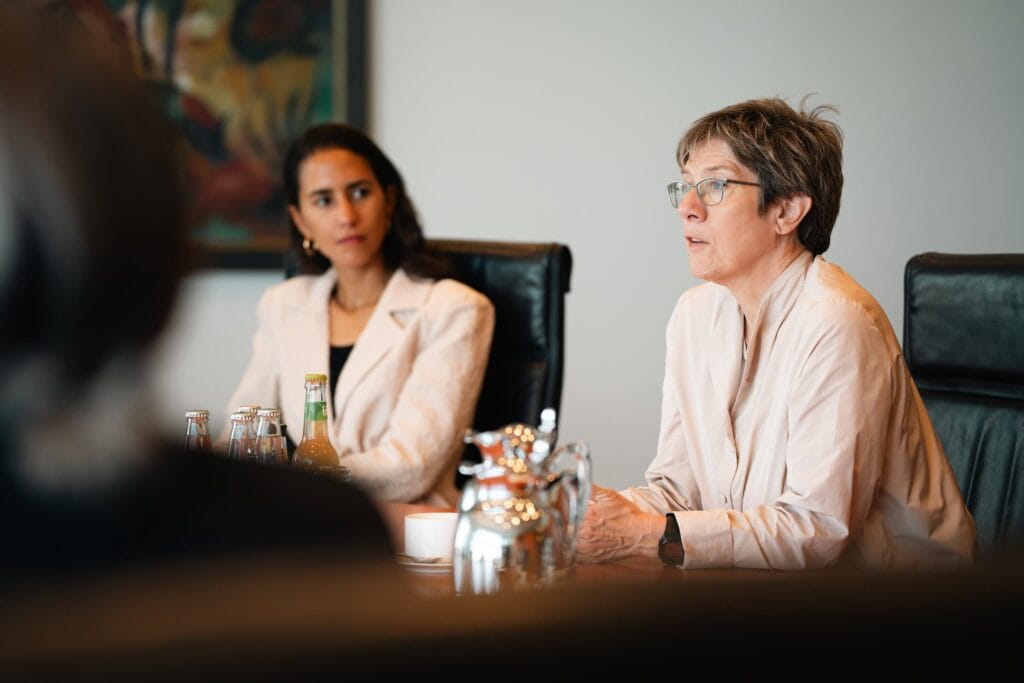

Publications: Recommendations for the Realignment of Germany’s Relations with the Countries of the Global South
May 21, 2025
Berlin
Global power dynamics are shifting, more rapidly and profoundly than many expected. Since the summer of 2024, the ten-member Commission “A Changing World – Germany and the Global South” has been examining how Germany can rethink and strengthen its relationships with countries in the Global South, drawing on diverse areas of expertise.
Central to the Commission’s work was engaging with experts from Africa, Asia, and Latin America to develop practical recommendations for shaping Germany’s future foreign and development policy. Several of their initial impulses were included in the coalition agreement of the new federal government in January 2025.
The Commission views its recommendations as a foundation for the strategic decisions Germany now faces. While some ideas have already gained traction, the broader conversation is only just beginning, and much remains to be done.
Key Recommendations
Cluster-based cooperation
Global shifts blur the line between foreign and domestic policy. To ensure greater coherence in international cooperation, Germany should consider the enhancement and strengthening of the Federal Security Council.
Engage in coalitions of the willing
Multilateralism is vital for Germany but needs reform. Meanwhile, Germany should lead coalitions of the willing to tackle global challenges.
Strategic alignment of development cooperation
Strong Global South partnerships require well-funded, strategic, and coordinated development cooperation within Germany and the EU.
Develop attractive cooperation concepts
Germany should commit to the 2030 Agenda, advancing cooperation with the Global South through partnerships in trade, investment, energy, infrastructure, raw materials, and climate.
Promote trade agreements
With tariffs rising, trade agreements are vital for prosperity and security. They should be streamlined and swiftly concluded with new regions.
Scaled private investment
German investment in the Global South should grow through incentives and risk guarantees, while partner countries should ensure investor-friendly conditions.
Manage labor migration
Germany relies on labor migration due to its aging population. The government should assess needs with businesses and refine policies under a binding strategy.
National immigration agency
A central immigration agency should accelerate labor migration by pooling responsibilities and installing a fast-track system, simplifying entry and permit processes.
Expansion of development banks
Development banks should be financially strengthened to maximize limited resources and leverage international investments.
Restructure debt
Germany should support a sustainable solution to restructuring debt by involving new public and private creditors and supporting indebted countries with responsible economic policies.
International carbon markets
Germany should promote global carbon pricing to fund climate action and foster sustainable development, supporting a just and fair transition for countries in the Global South.
Set up tax clubs
Mobilize additional funds for climate protection by examining the creation of tax clubs on international aviation without harming Germany's economy and competitiveness.
Commission Members
Contact Persons
Gregor Darmer, g.darmer@globalperspectives.org
Publications
Our collaborative publications aim to stimulate questioning and discussion. They are the result of a deep engagement with the focus topics of our work and enable a fact-based dialogue.
Program Archive
Africa’s critical minerals are essential to Europe’s future, playing a significant role in the green transition and industrial competitiveness. The Follow-Up to the 9th edition of the Roundtable.
In the ninth edition of the Africa Roundtable, we discussed how Europe and Africa build partnerships that turn Africa's raw material wealth into local value creation.
This paper explores how Africa can add value to its critical minerals, boost local processing, and drive green industrialization while strengthening regional and global supply chains.
We discussed with State Secretary Niels Annen how development policy can be integrated into networked foreign, security, and economic policies.
US tariffs changes are causing new uncertainties in global trade. Together with ONE and Pinelopi K. Goldberg, we discussed how international development policy needs to be realigned.
As traditional trade relations shift, strengthening local value chains, enhancing trade agreements, and mobilizing private capital are key to building more resilient and mutually beneficial economies.
Our speaker James Irungu Mwangi shared his perspective on how to accelerate climate action and investment across Africa. Together, we discussed what it will take to mobilize the green finance needed.
Germany is a country of immigration. Building on our Commission's recommendations for action, we discussed ways to better manage and communicate labor migration.
Europe and Africa have the chance to advance technology and shape the future of the global space economy together through cooperation.
